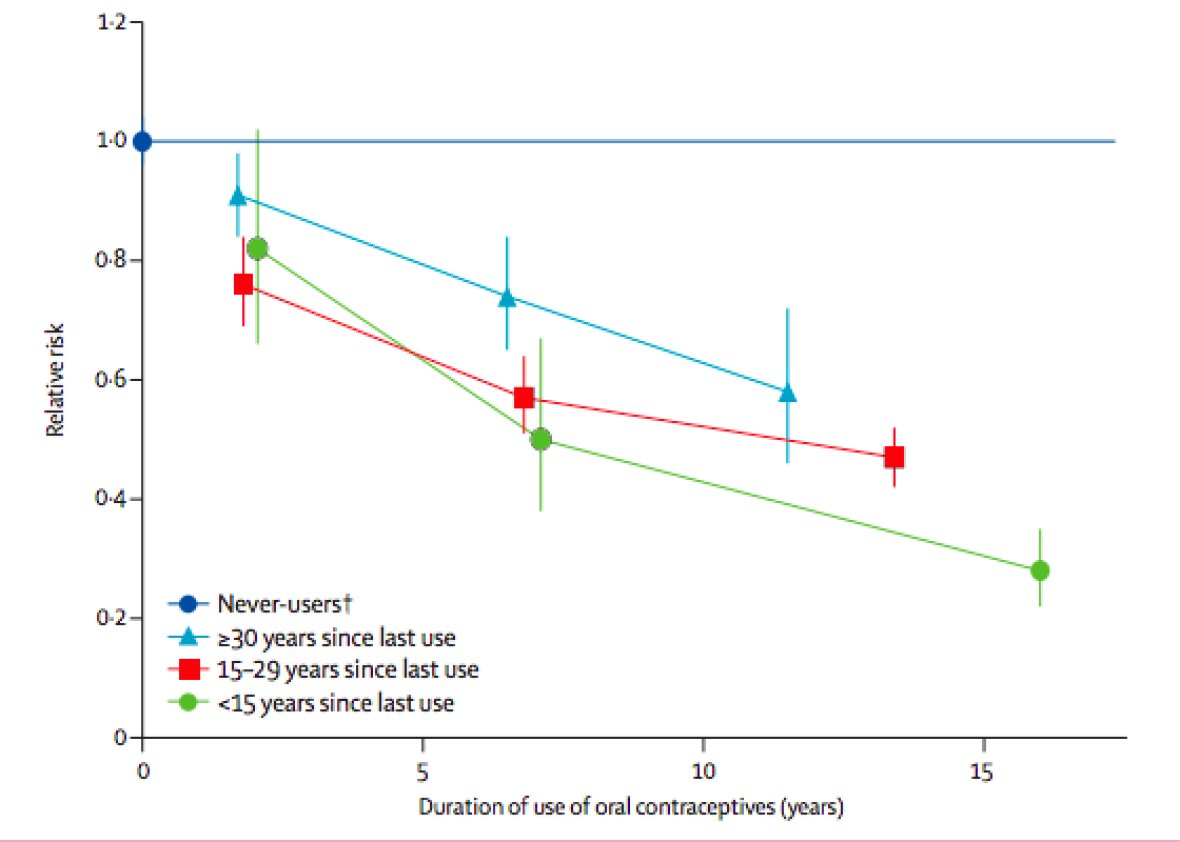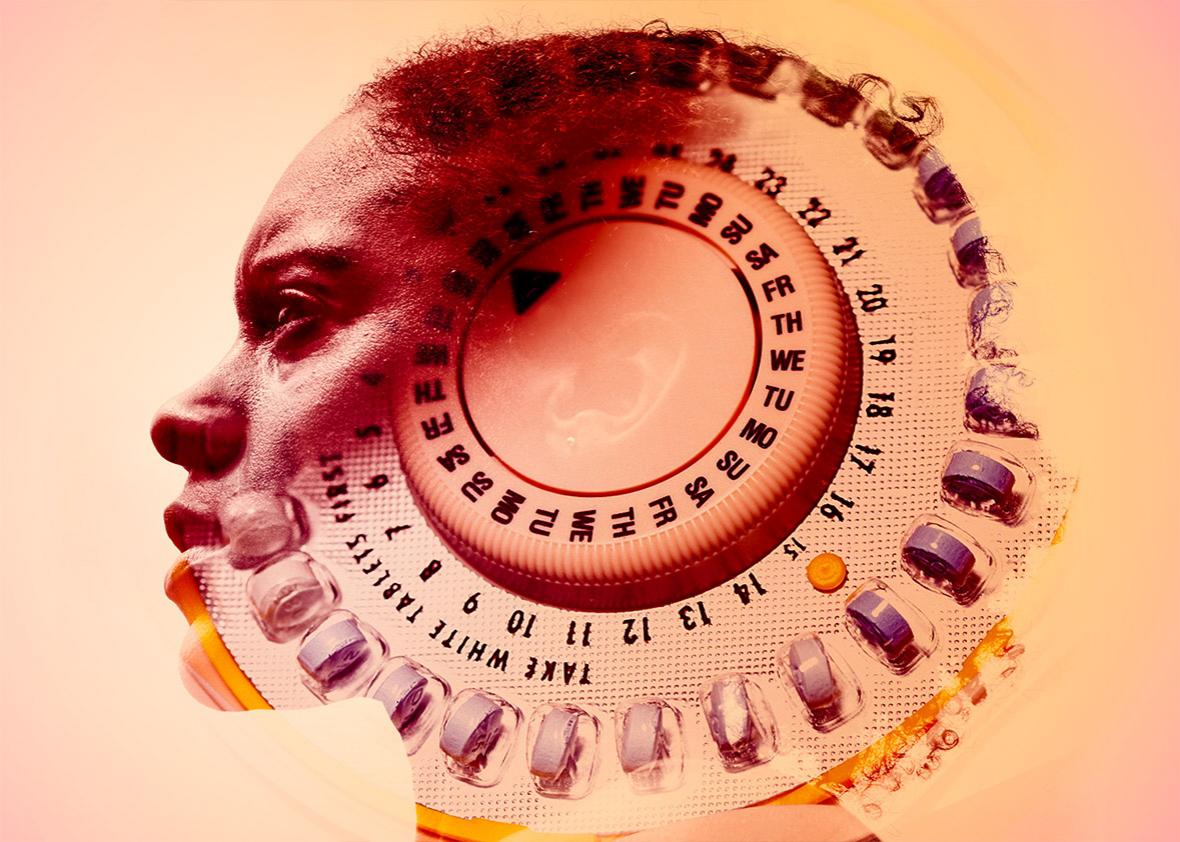Since the 1960s, an uneasy question has been whispered among medical communities, media, and feminist circles: Could the birth control pill—arguably the most important innovation for women of the 20th century, if not the past 2,000 years—cause cancer? It’s now been decades since oral contraceptives were first developed, but the dozens of research studies conducted in those years have clashed on the answer. Some suggest that the hormones in the pill increase a woman’s risk of developing certain cancers; others claim the opposite, or that they have no effect at all. Even the National Cancer Institute lacks a clear answer, noting that studies on the matter “have not always been consistent.”
Here now is a study that ends the debate for at least one form of cancer: endometrial cancer, which grows in the lining of the uterus and usually affects women after menopause. Endometrial cancer is the most common gynecologic cancer in the United States, and it caused 76,000 deaths worldwide in 2012. Researchers from the Collaborative Group on Epidemiological Studies on Endometrial Cancer have put together a massive study showing that birth control pills provide substantial protection against the development of this type of cancer.
The researchers, who are putting out their findings this week in the prestigious journal Lancet Oncology, looked at more than 27,000 cases of endometrial cancer and more than 115,000 control cases in 36 studies across the world. They confirmed that women who used birth control pills experienced a long-term decrease in endometrial cancer risk, regardless of reproductive history, ethnicity, alcohol and tobacco use, and other factors. The protective effects even carried over decades after women stopped taking the pill.

Lancet Oncology
In short, here’s what the findings reveal: By taking oral contraceptives for just five years, a woman’s risk of developing the cancer can be cut by roughly a quarter. That risk shrinks even further with five more years of use. And, combining these findings with the prevalence of oral contraceptive use in developed countries, it can be estimated that in the past 50 years, birth control pills have prevented roughly 400,000 cases of endometrial cancer before the age of 75 in high-income countries, including 200,000 cases in the last decade alone. Those are staggering numbers.
The study shows that massive, in-depth analyses can finally clear up the relationship between birth control hormones and cancer. Oral contraceptives aren’t some specialty industry, after all—they’re one of the most popular drug prescriptions around the world, used by more than 10 million women in the U.S. alone. Definitive information about their relationship to different types of cancer is a huge contribution to public health.
